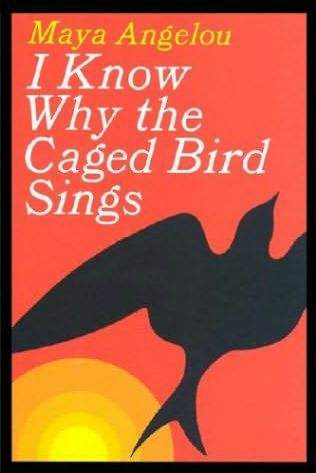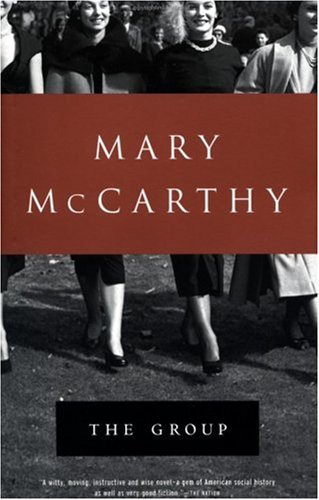Posted by Bel. The time is 2:03pm here in Wellington, NZ.

This is the first time I've read
The Bell Jar, and although familiar with some of Sylvia Plath's poetry, I'm not a fan and wasn't really amped for this novel.
Also (and it's dreadful to have had this association, but somewhat unavoidable), the image of GOOPy Gwyneth Paltrow mooching around in cardigans in Dunedin - oh I mean, Cambridge - is inextricably implanted in my mind.
Reading this brilliant book has successfully wiped all that away.
The first third of the book, set in the glitz and glam of 1950s New York City, shows our heroine Esther as the somewhat reluctant member of a group of interns for a top fashion magazine editor. This reminded me a little of that section of
The Girl's Guide To Hunting And Fishing, but with more of a delightful sarcastic humour.
I loved the moment where hedonistic intern Doreen, with her Marilyn Munroe hair, passes out drunken in a pool of vomit outside Esther's hostel door, and Esther contemplates it, and then delicately closes the door again, deciding to deny all knowledge. (
Recovery position, people!!)
Returning home to the suburbs, Esther is devastated to learn she has not been accepted into the writing course she had her heart set on. Imagery is used with her thinking of many figs on different branches, all representing various choices in her life, future paths that may be taken. Esther sees these all withering before her fingers even get a chance to grasp them. (There is also the added layer that the character lives in a time when even with education, her choices were rather limited and most people's ideals were for a women to be a lovely housewife.)
There are moments in this book when you just want to give this young lady a shake of the shoulders and say "Buck up! It'll work out!". But from the halfway point on, her decent from inaction to depression is very well characterised. And although the final lines of the book are open-ended, I felt that it was positive and that Esther was on the right track. Her actions in the closing chapters had been self-directed and about achieving things for herself - the opposite of the frozen inertia that defined the slump into depression.
It is very hard to write a review of this book, let alone read it, without the spectre of Sylvia Plath's suicide looming over. I guess I'd always assumed that a novel published mere weeks before the writer killed themselves might not be the most fun to pick up. But despite The Bell Jar's autobiographical content, it is not all doom and gloom, and is actually very entertaining.
Last thing: The cover above is unfortunately not the one that was on the shelf at the Wellington Central Library when I swung by. It was one that incorporated the image below, which I assume is of Sylvia Plath, which seems a bit much like blurring the line, considering the character Esther makes frequent mention of using a typewriter.
--
The Bell Jar by Sylvia Plath. Recommended.
First published 1963. Set in New York/Massachusetts, 1950s.
#42 from 'The List'

 Precious: Based on the novel by Sapphire
Precious: Based on the novel by Sapphire I saw Samson and Delilah straight after and, as I was feeling horridly ill anyway, it was sort of just a ridiculously depressing and emotive day of cinema. It is the story of two young teenagers from an isolated Aboriginal community who silently bond, and then run off to Alice Springs together to a life on the streets after things turn sour at home. I wasn't sure what to think of the film at the end (it is ambiguous and one of those ones where I need to know the context within which it was made - for that same point of patronising vs from 'within'), but having read more about it since I am retrospectively blown away.
I saw Samson and Delilah straight after and, as I was feeling horridly ill anyway, it was sort of just a ridiculously depressing and emotive day of cinema. It is the story of two young teenagers from an isolated Aboriginal community who silently bond, and then run off to Alice Springs together to a life on the streets after things turn sour at home. I wasn't sure what to think of the film at the end (it is ambiguous and one of those ones where I need to know the context within which it was made - for that same point of patronising vs from 'within'), but having read more about it since I am retrospectively blown away. I was very -
I was very - 




.jpg)



.jpg)








.jpg)










